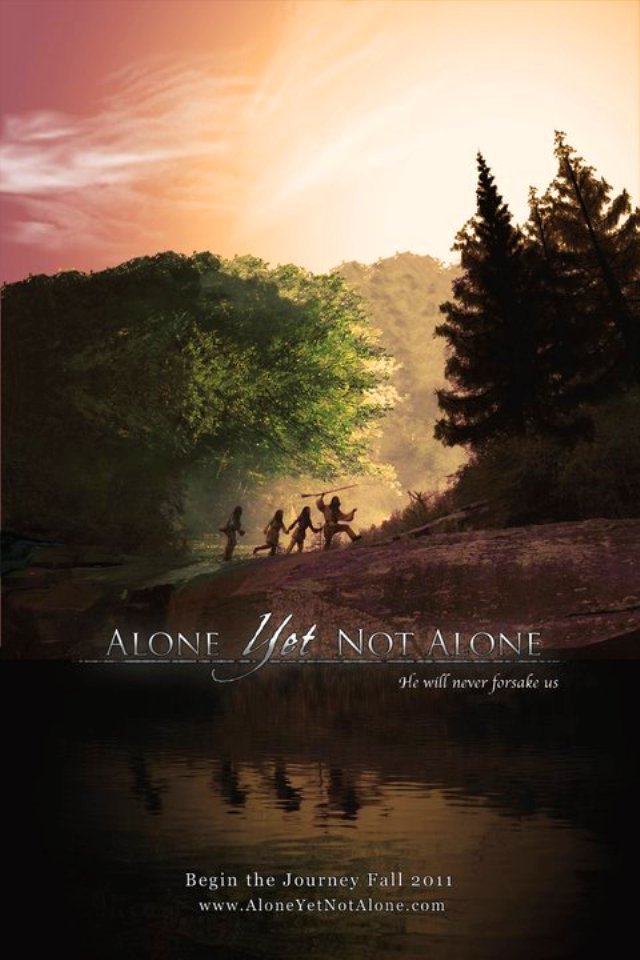
By Mallory Mattingly
Candace Cameron Bure wants us to ask ourselves, “Is self love selfish?”
In a recent podcast episode, she and author Lisa Whittle unpacked what it means to love yourself the way Christ intends.
“As a Christian, if I use the term self-love, I already know the people that are going to come at me in the comments — the Christians — that’ll say you’re not being a Christian,” Bure said. “‘That is so indulgent; that is not Christlike.’ We hear all of that, and it becomes very legalistic.”
She asked Whittle how she responds to pushback like this.
“Let me ask you this, because I think this represents a lot of the Christian viewpoint on this,” Whittle said. “Is the reason why you have an aversion to the term self-love because in your mind it symbolizes the obsession with self that we have now in our culture?”
“And I think that is the bend. I think that is the problem that a lot of us have as believers because we see how secular culture has sort of hijacked the conversation,” she continued. “I think we can be mad at secular culture for that, or we can, as believers, take a hard look at ourselves and say, ‘Have we really been responsible with the conversation as the church?’ And I think first and foremost, we have to admit that no, we have not been responsible for saying our body is a temple. What does this mean? Do I understand what it means myself? And have I educated and discipled people in the faith myself to know what this means?”
Related: How Candace Cameron Bure Tackles Tricky Topic of Body Image By Looking to Bible
Bure shared that the phrase “self-care” turns her off because “I’m like you’re focusing on yourself. Why don’t you focus on God or focus on Jesus?” However, she recognizes that she doesn’t know what’s going on in a person’s private life.
Whittle added that celebrating self-care, especially on social media for the validation of others, will never truly make us free.
She said you might have “body goals,” but that’s “not the ultimate of of of soul freedom.”
“You might love yourself. You might love your soul. You might be taking care of yourself in some some significant ways,” Whittle continued, referencing things like vacations, massages and getting your nails done, which aren’t necessarily bad. But, Bure noted, “You’re never going to find [freedom] in those things.”
“You’re going to need another massage,” Whittle added. “And you’re going to need another vacation. And you’re going to need to find another way because that picture that you post on social media will give you a temporary high.”
Thankfully, a life lived for Christ offers true freedom — freedom that doesn’t rely on what others or the culture tells us.
“It is for freedom that Christ has set us free. Stand firm, then, and do not let yourselves be burdened again by a yoke of slavery,” Paul writes in Galatians 5:1.
Understanding what God says about taking care of our bodies is something Whittle and Bure are passionate about. Whittle’s new Bible study, Body & Soul: A Biblical Look at the Whole Person God Created You to Be, explores the topic in more detail and shares how to avoid falling into self-care traps.
In it, she takes readers on a journey to “discover how Scripture talks about our bodies, from creation to Revelation. Learn to reconcile your body with the rest of who you are, growing in a deeper understanding of your true identity as a whole person created in the image of God.”
On Instagram earlier this year, Whittle wrote, “True and lasting freedom” won’t come “from anywhere or anyone but the maker of our bodies and souls, Himself. He is calling us up to more. To believe all things are possible. To trust Him, well aware of our limits.”
As Christians, we are called to treat our bodies well as they are Holy Spirit’s temple. But as Bure and Whittle pointed out, taking care of our body should never become our source of freedom or identity. Only Christ can be that for us.
Read Next: Sadie Robertson Huff Puts Her Identity In Christ Amid Body Image Struggles
Questions or comments? Please write to us here.


 - Content:
- Content: 

 – Content:
– Content: 